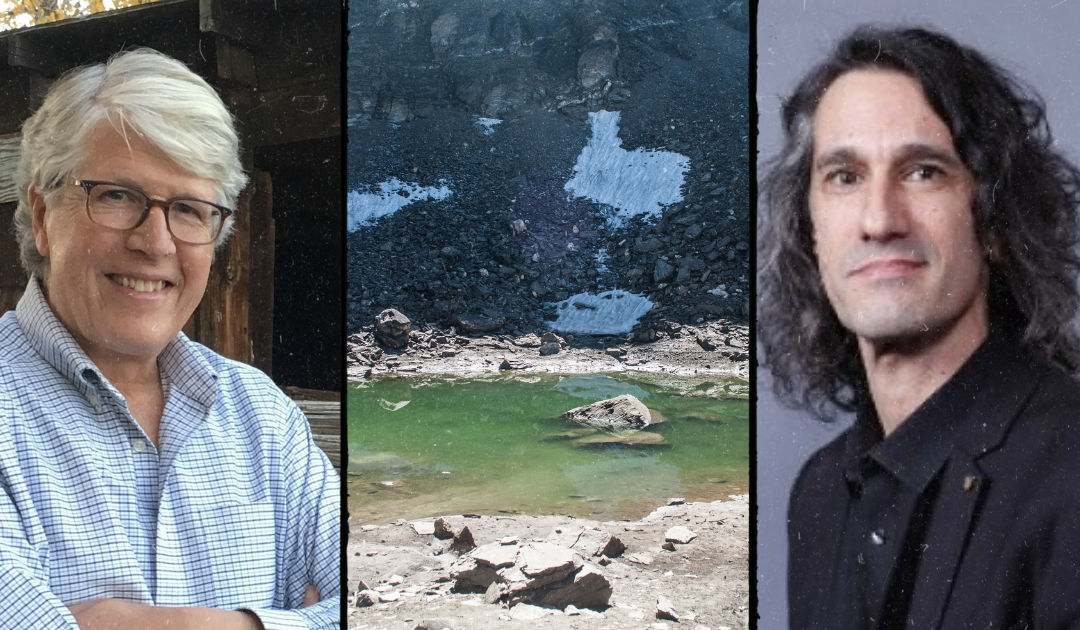Join author and SAR advisory board member Douglas Preston and biological anthropologist, Agustín Fuentes, for a conversation about the recent study of human remains found at Roopkund, a lake high in India’s Himalayan mountain range. The program will explore the mystery of who these people were, what they were doing at the lake, and how they died, and from there explore the new science of ancient DNA analyses, which is drawing a curtain back on our distant human past.
Read the December 7, 2020, New Yorker Magazine article by Douglas Preston for more on the story: Read the article here.
About the speakers:
Douglas Preston is the author or co-author of more than forty books, among them the non-fiction works The Lost City of the Monkey God, named by the New York Times as a notable book of the year, and The Monster of Florence, as well as the best-selling Pendergast novels (in collaboration with Lincoln Child). He writes for the New Yorker and National Geographic, worked as an editor at the American Museum of Natural History, and taught non-fiction writing at Princeton University. Preston currently serves as a member of SAR’s advisory board as well as the President of the Authors Guild, the nation’s largest and oldest association of authors and journalists.
Agustin Fuentes is a professor Anthropology at Princeton University. His research focuses on the biosocial, delving into the entanglement of biological systems with the social and cultural lives of humans, our ancestors, and a few of the other animals with whom humanity shares close relations. From chasing monkeys in jungles and cities, to exploring the lives of our evolutionary ancestors, to examining human health, behavior, and diversity across the globe, Professor Fuentes is interested in both the big questions and the small details of what makes humans and our close relations tick. His current projects include exploring cooperation, creativity, and belief in human evolution, multispecies anthropologies, evolutionary theory and processes, and engaging race and racism. His books include Why We Believe: Evolution and the Human Way of Being (Yale University Press/Templeton Press, 2019), and The Creative Spark: how imagination made humans exceptional.
